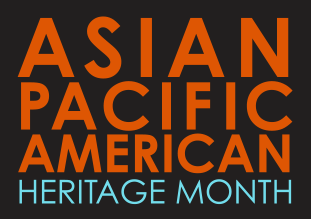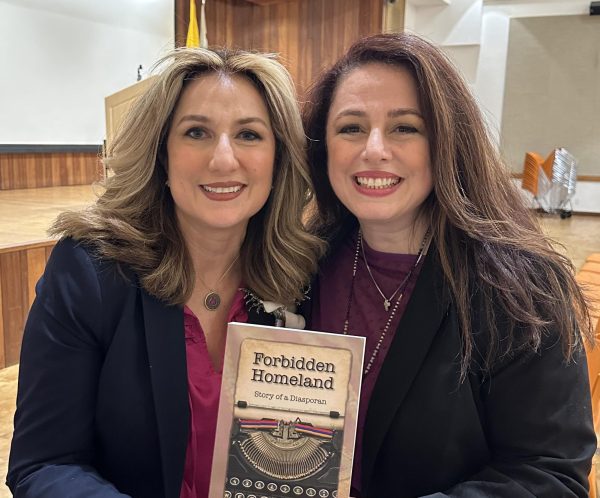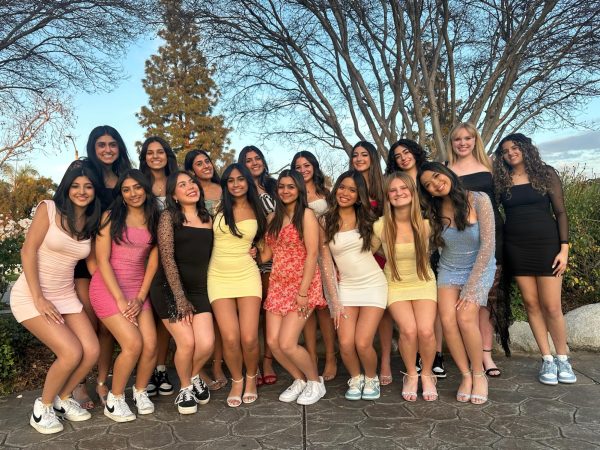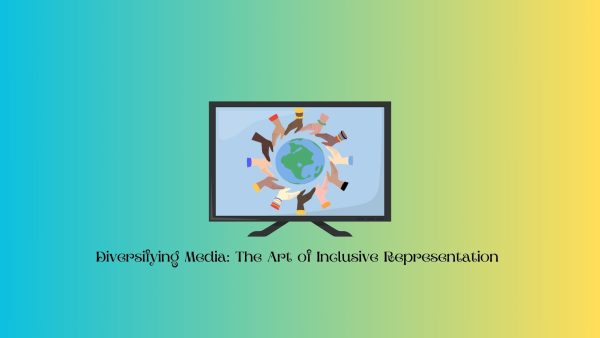The Importance of Celebrating Asian Pacific American Heritage Month

Asian Pacific American Heritage
A logo for the Asian Pacific Islander Heritage group, promoting the month of May.
May 14, 2019
I logged onto snapchat a few days ago and flipped through the many filters that I could add to my photo. On my last swipe, I saw a small graphic on the bottom left-hand corner that read, Asian Heritage Month. It was strange as I had not realized that the month of May doubled as the Asian Pacific American Heritage Month. I knew February was African American History Month and that the month to celebrate LGBTQ pride was in June. I was more well versed on communities that I had no part in then the one that I identified most with. My own personal neglect of an event meant to celebrate my own ethnic background made me delve into the history behind such an important month.
In 1978, President Carter was urged to pass a proclamation that would make a week in May, “Asian/Pacific American Heritage Week.” Following the initial proclamation, the week of observance would gradually be expanded into a month, and was made official by Congress in 1992.
May was selected as it contains two important anniversaries for the Asian American community. May 7, 1843 was chosen to memorialize the first Japanese immigrants. May 10, 1869 marked the completion of the Transcontinental Railroad, an American endeavor built predominantly by Chinese immigrants.
The Asian American community encompasses descendants of the Asian continent, Pacific Islands, Micronesia, and Polynesia. The National Women’s Law Center reported that the Asian American community represents the fastest growing minority group in the United States. The increasing dominance of a once small minority community has contributed to electoral power and the growing diversity of the American nation.
Yet for a group of growing prominence in the US, the community continues to be marginalized, underrepresented, and overlooked.
Thus, the celebration of the month of May is vital as it acknowledges the Asian American community’s important role in our nation’s history and the American community.
I am an Asian American and I too lack literacy in the history of the Asian American Pacific Islander community. My knowledge essentially consisted of the building on the Transcontinental Railroad, Japanese Internment, and the Chinese Exclusion Act. In history I was briefly informed about some of the injustices to the minority community, but I never learned much beyond that.
I also know that I am not alone in feeling that I have not been given a thorough education on the history of the community that I am apart of. Stephen Serrano (11), a classmate of Filipino descent, expressed his limited knowledge about Asian American history and how he feels “like Asian Americans are often overlooked in our history classes and are forgotten as an important minority group in the US.”
This month made me begin to really learn about the AAPI’s unique role in American history. I learned about Patsy Takemoto Mink, the first woman of color to ever be elected to Congress. A Japanese American from Hawaii, Mink fought for immigrant and minority communities and was a major contributor to bringing equity to the American education. I learned about the forced annexation of Hawaii, the Filipino slaves brought to California by Spaniards in 1587, the irony of Angel Island, and so much more.
My own lack of knowledge regarding the AAPI community made me realize how important the Asian Pacific Heritage Month really is. If I, a teen in the Asian American community, knows so little about the history of the minority group, I can’t imagine how limited my peers knowledge about the community is.
I think that commemorating the role of Asian Pacific Island Americans in our nation is essential in nurturing the diversity and equality that the United States represents. So I urge everyone, Asian American or not, to learn a little bit more about the history and culture of these fellow citizens.






















